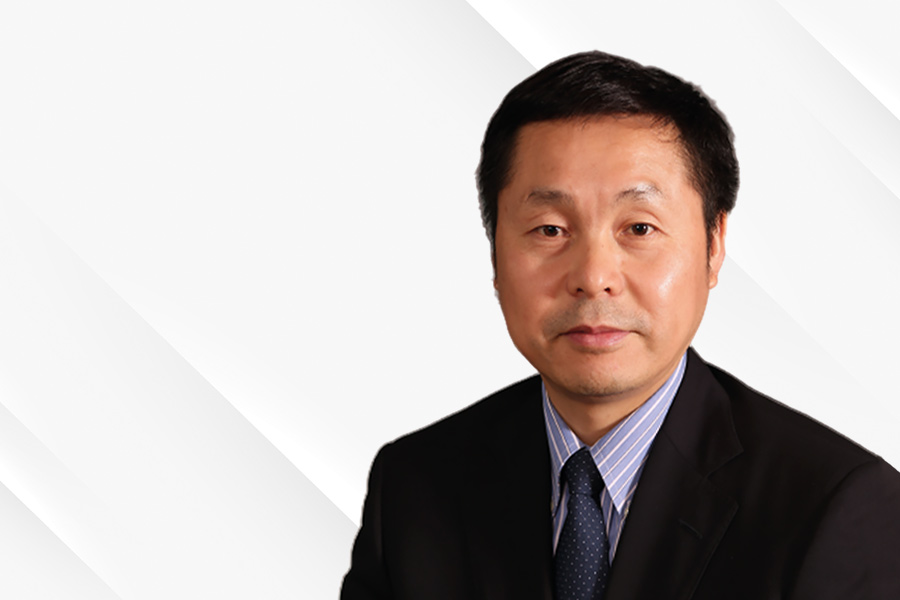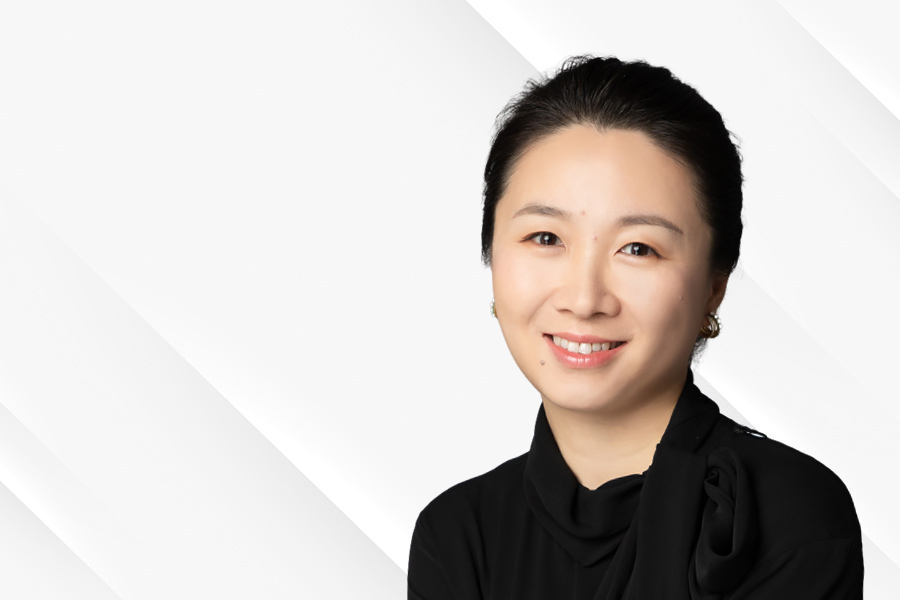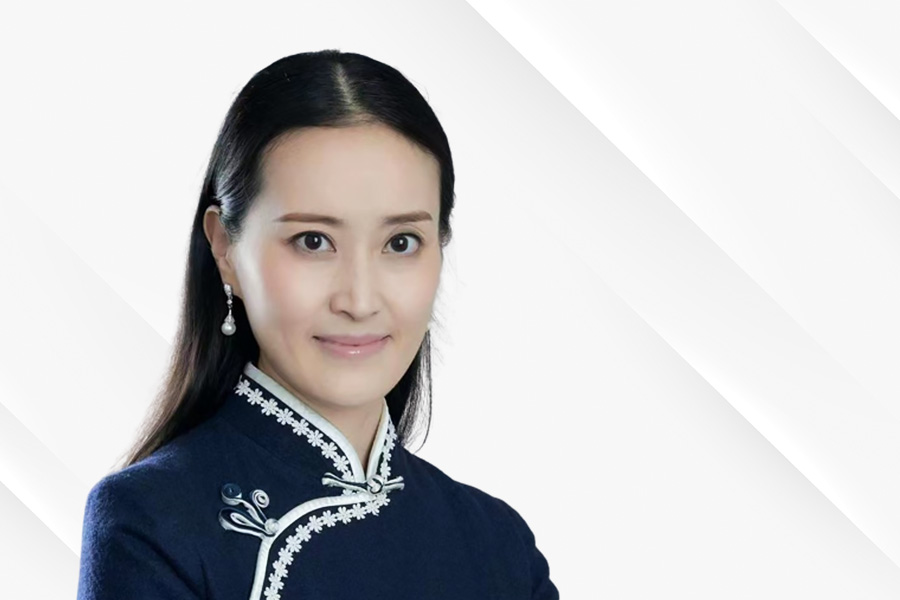Lately, the world has faced difficult challenges from international conflicts and the pandemic, and Hong Kong is no exception. However, in terms of dispute resolution and arbitration, Hong Kong maintains a great deal of openness and professionalism, adding notable innovations to the system.
Fee reform boosts Hong Kong’s arbitration competitiveness. In 2017, the Hong Kong Legislative Council passed the Arbitration and Mediation Legislation (Third Party Funding) (Amendment) Ordinance 2017, introducing provisions allowing for third-party funding of arbitration and mediation subject to issuance of a Code of Practice for Third-Party Funding of Arbitration, which was issued in 2019.

Deputy Secretary-General
Hong Kong International Arbitration Centre (HKIAC)
Further reforms were introduced in June 2022 with the Arbitration and Legal Practitioners Legislation (Outcome Related Fee Structures for Arbitration) (Amendment) Ordinance 2022, which provided regulations allowing legal practitioners in Hong Kong to enter into conditional fee agreements, damages-based agreements, and hybrid damages-based agreements with their clients.
Hong Kong allows a wider and more flexible range of fee frameworks compared with other jurisdictions. With the introduction of both third-party funding of arbitration and the ability for lawyers to enter into outcome-related fee structures, arrangements relating to arbitration fees in Hong Kong have become more flexible, enabling users of arbitration to enter into whatever arrangements serve their needs best, and consolidating Hong Kong’s competitiveness as a seat of arbitration.
Stable and efficient support for arbitration by Hong Kong courts. Hong Kong is the only common law jurisdiction in China, and the only one in the world to adopt both Chinese and English as official languages.
Recently, Hong Kong courts have responded to a series of trending issues in arbitration, specifically:
-
- Clarifying that the escalation mechanism of arbitration clauses is a matter of admissibility rather than jurisdiction, which the arbitral tribunal should decide;
- Setting out how unresolved issues in an award may affect its validity;
- Refusing to use its discretion to extend the limitation period for setting aside awards under the Model Law;
- Suspending winding-up proceedings to support arbitration; and
- Clarifying the application criteria for appealing an “arbitral award on a question of law” as allowed for in schedule 2 to the Hong Kong Arbitration Ordinance.
The full reasoning and rigorous argument of the Hong Kong courts’ precedents have drawn much attention in jurisdictions outside Hong Kong. The recent development of Hong Kong arbitration precedents reflects the stable, efficient and arbitration-friendly judicial system in Hong Kong.
Unique advantage of judicial assistance from Hong Kong and mainland China. In recent years, Hong Kong has increasingly demonstrated a distinct edge in handling disputes relating to mainland China, as evidenced by HKIAC data in the past five years detailing the number of parties on the mainland, the adoption of Chinese law as the applicable law, and the use of Chinese as the language of the arbitration. Hong Kong’s edge over other jurisdictions has been facilitated by multiple arrangements between mainland China and Hong Kong regarding judicial assistance in arbitration.
The first judicial assistance arrangement signed between mainland China and Hong Kong after the handover in 1997 was the Arrangement Concerning Mutual Enforcement of Arbitral Awards between the mainland and the Hong Kong Special Administrative Region by the Supreme People’s Court in 1999, which was revised in 2020.
According to a study by the HKIAC, about 93 arbitral awards were recognised and enforced in mainland courts under the above-mentioned arrangement, of which nearly 77% involved the HKIAC. In terms of results, Hong Kong arbitration awards maintain a good enforcement record in the mainland courts.
On 1 October 2019, the Arrangement Concerning Mutual Assistance in Court-ordered Interim Measures in Aid of Arbitral Proceedings by the Courts of the Mainland and of the Hong Kong Special Administrative Region came into effect. According to HKIAC data as of 8 November 2022, parties in HKIAC cases have submitted 83 applications for interim measures to 30 different mainland courts in 24 different cities in mainland China.
With the HKIAC joining the “one-stop” platform of the International Commercial Court of the Supreme People’s Court at the end of June 2022, eligible parties in HKIAC cases can apply directly to the International Commercial Court for interim measures and enforcement of awards. This means a more efficient alternative to the existing dual-location arrangement for HKIAC users.
HKIAC continues to innovate in case management and user services. The HKIAC has been exploring modern technology to improve the efficiency of case management. To that end, the HKIAC launched HKIAC Case Connect, an online case management platform, in October 2021. The platform, offered free of charge, uses secure and reliable technologies to provide parties and arbitral tribunals with convenient and secure services in respect of document storage, communication between parties and the arbitral tribunal, and tracking the duration of the arbitration proceedings.
In December 2021, the HKIAC also launched HKIAC Case Digest, a searchable database of anonymous abstracts of procedural decisions made by the HKIAC under various procedural rules, updated regularly. The database won the 2022 Best Innovation Award from Global Arbitration Review.
The number of cases handled by the HKIAC has reached a record high in the past three years, with 2022 data up to September having exceeded the whole of 2021. With its innovations in services that have been well recognised by both domestic and international users, the HKIAC has also become a highly sought after institution in several emerging areas (e.g. cryptocurrency disputes and disputes involving Russian parties).
Working together for a better arbitration industry. In promoting environmental, social and governance (ESG) goals in arbitration, the HKIAC is one of the founding institutions of the Campaign for Greener Arbitrations, as well as the launcher of the Green Office Challenge, which aims to make the office more environmentally friendly by adopting more than 450 resource-saving and emission reduction measures.
In respect of enhancing diversity in arbitration, the HKIAC, in collaboration with other international institutions, was the first to endorse the Equal Representation in Arbitration Pledge, and was a member of the first ICCA cross-institutional working group on diversity.
The HKIAC also participated in the publication of the Report on Gender Diversity in Arbitral Appointments and Proceedings, bringing more attention to women arbitrators and first-time arbitrators in the appointment process.
In 2018, the HKIAC launched the Women in Arbitration initiative, which promotes the participation of more Chinese women in the development of arbitration through research and seminars, as well as the “WeGrow Mentoring and Coaching Programme”.
Yang Ling is the deputy secretary-general at Hong Kong International Arbitration Centre (HKIAC)
Going with the global flow: arbitration developments and practiceBy Chen Fuyong, Beijing Arbitration Commission/Beijing International Arbitration Centre (BAC/BIAC) |
 |
Marching towards the inner circle of international arbitrationBy Wang Chengjie, China International Economic and Trade Arbitration Commission (CIETAC) |
 |
Institutions must step up to protect arbitration ecosystemBy Donna Huang, International Chamber of Commerce |
 |
Shanghai arbitration hub: converge and innovateBy Wang Weijun, Shanghai International Economic and Trade Arbitration Commission/Shanghai International Arbitration Centre (SHIAC) |
 |
Innovations in GBA arbitrationBy Liu Xiaochun, Shenzhen Court of International Arbitration (SCIA) |
 |





















